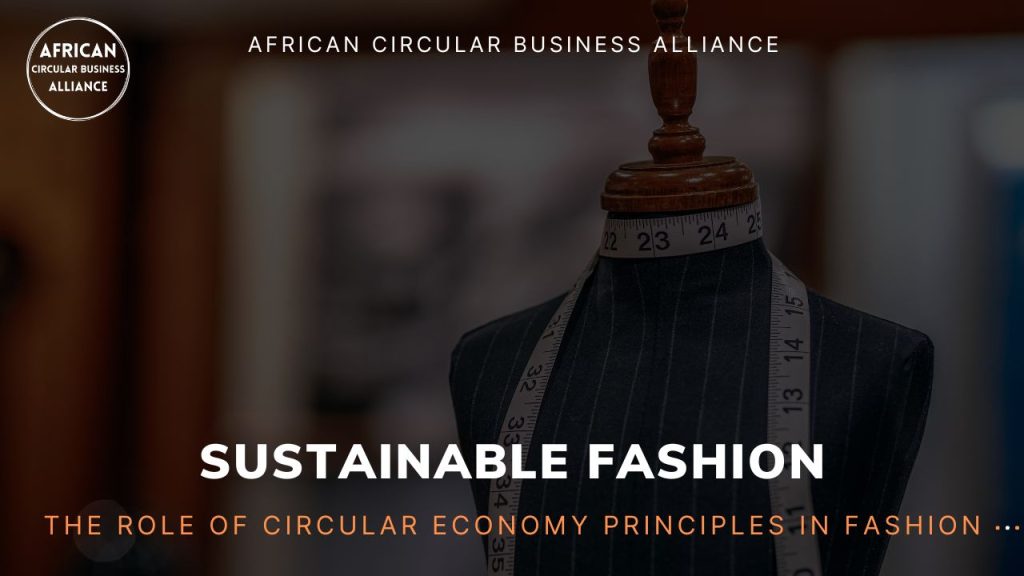
In recent years, sustainable fashion has become a buzzword in the fashion industry, with more and more companies striving to incorporate sustainable practices into their business models. One key approach to sustainable fashion is the adoption of circular economy principles, which aim to minimize waste and promote the reuse and recycling of materials. In this article, we will explore the role of circular economy principles in fashion and the sustainable fashion practices that are emerging as a result.
Circular economy principles are based on the idea that resources should be used in a way that maximizes their lifespan and minimizes waste. In the context of fashion, this means designing clothing and accessories that are made to last and can be easily recycled or repurposed at the end of their life. By adopting circular economy principles, fashion companies can reduce their environmental impact and create a more sustainable business model.
One of the most significant sustainable fashion practices is the use of organic materials. Organic cotton, for example, is grown without the use of harmful pesticides and fertilizers, reducing the environmental impact of cotton farming. Similarly, organic wool is sourced from sheep that are raised using sustainable and ethical practices, promoting animal welfare and reducing the environmental impact of farming. By using organic materials, fashion companies can reduce their carbon footprint and create a more sustainable supply chain.
Another sustainable fashion practice is the use of recycled fabrics. Recycled polyester, for example, is made from recycled plastic bottles and other materials, reducing the amount of waste that ends up in landfills or oceans. Similarly, recycled cotton is made by processing waste cotton scraps, reducing the environmental impact of cotton farming and textile production. By using recycled fabrics, fashion companies can reduce their use of virgin materials and promote a more circular economy.
Circular business models, such as rental and resale, are also emerging as a key component of sustainable fashion. Rental services allow customers to rent clothing and accessories for a limited time, reducing the need to buy new items and promoting the reuse of existing garments. Resale platforms, on the other hand, allow customers to sell their gently used clothing and accessories, promoting the reuse and recycling of materials. By adopting circular business models, fashion companies can reduce their environmental impact and create a more sustainable and profitable business model.
In conclusion, sustainable fashion is becoming increasingly important in the fashion industry, with circular economy principles playing a key role in the adoption of sustainable practices. By using organic materials, recycled fabrics, and creating circular business models such as rental and resale, fashion companies can reduce their environmental impact and create a more sustainable future. As consumers become more aware of the environmental impact of fast fashion, sustainable fashion practices are likely to become even more widespread, creating a more sustainable and ethical fashion industry for future generations.
